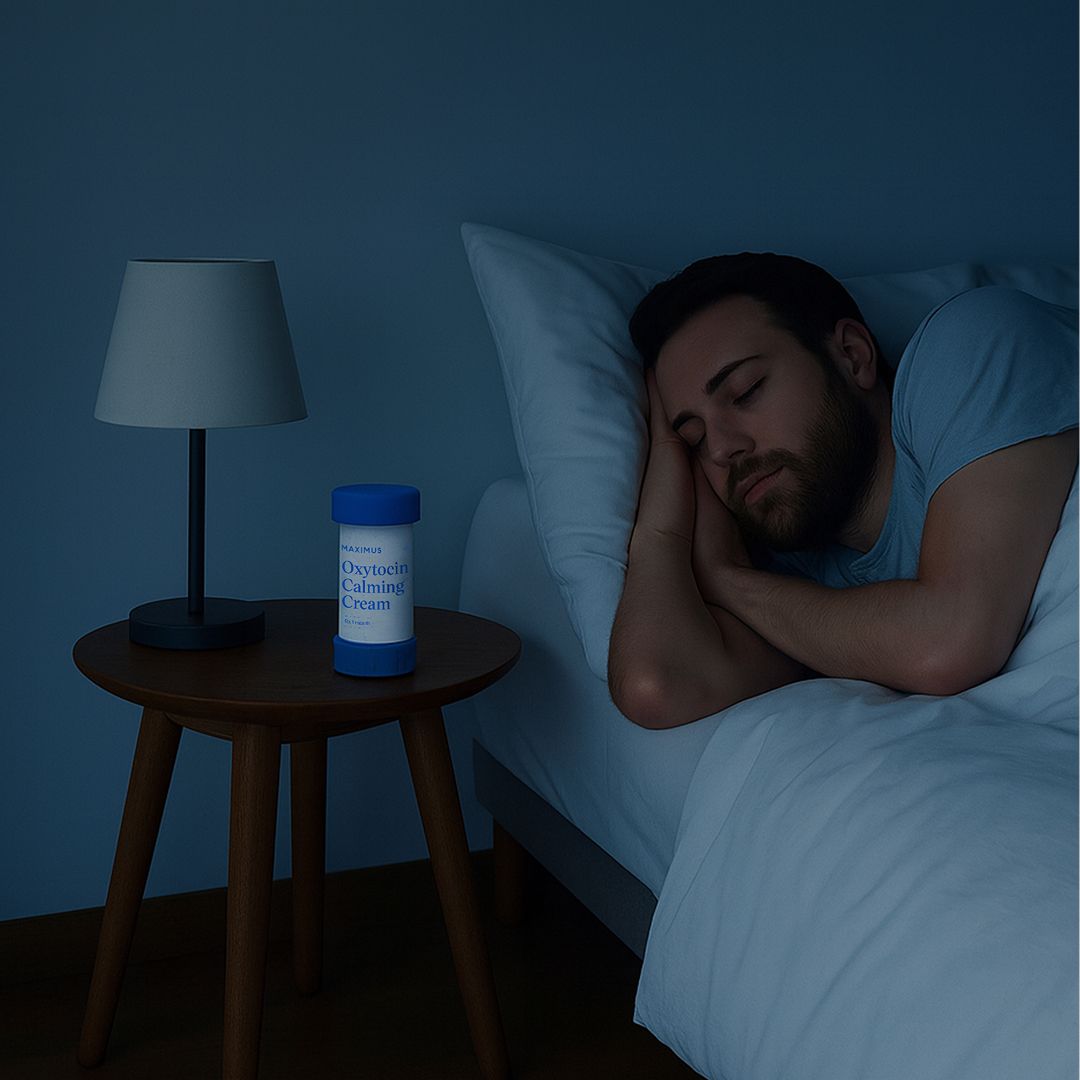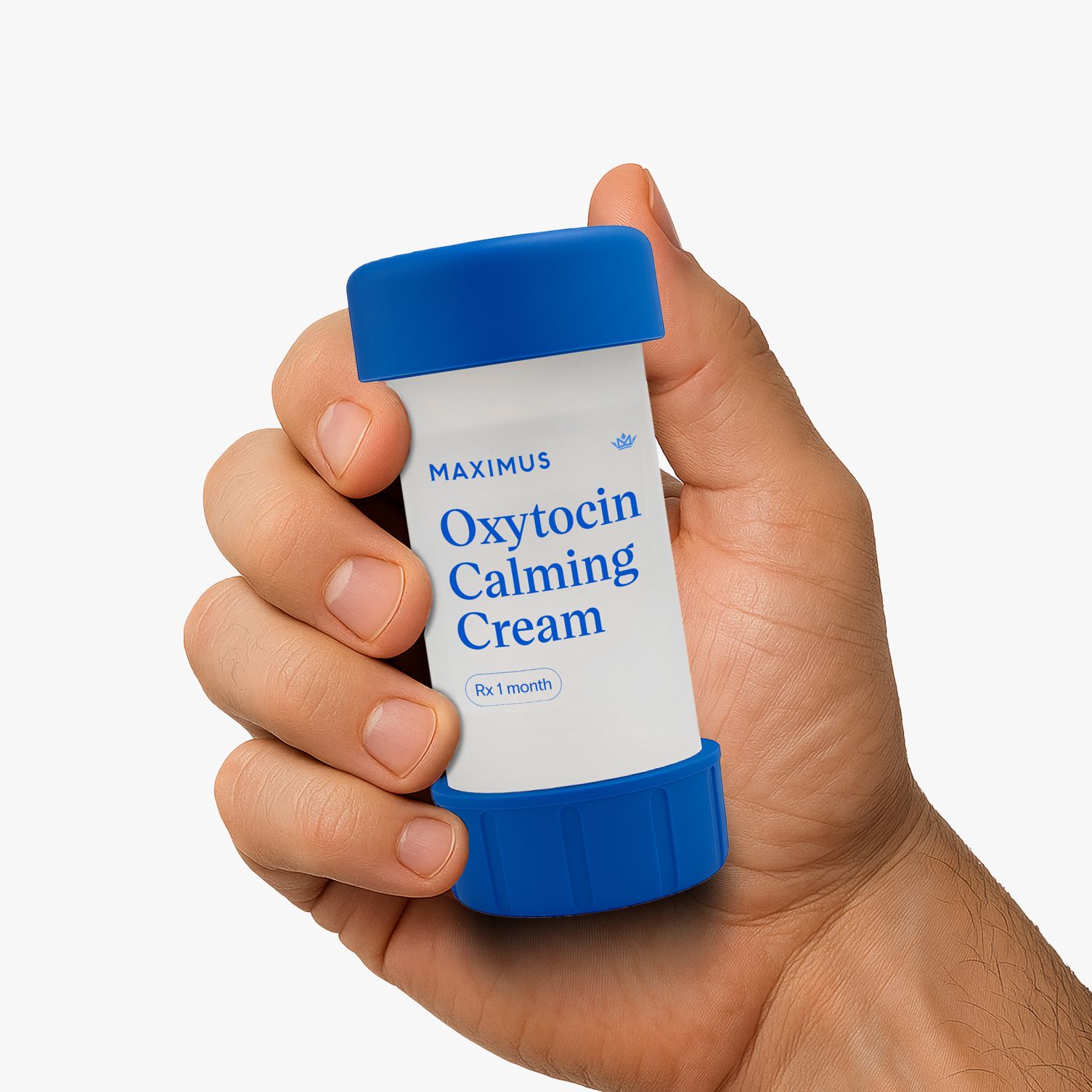Key takeaways:
- Optimal testosterone levels not only enhance physical attributes like muscle size and strength but also motivate individuals to compete and win.
- In one study, participants who received testosterone were more likely to persist in the face of strong opponents, even when they felt they had little control over the situation.
- Testosterone drives status-seeking behavior and vigilance against potential threats.
- Individuals who experience a surge in testosterone following a win may be more likely to perform well in future competitions.
Nearly all living organisms compete with one another, whether they’re trying to woo a mate, access food, or take up more space. According to Darwin, competition is a crucial component of the “struggle for existence,” and the fiercest competition is among animals of the same species. While a tree might grow higher stems to crowd out competing trees, a man might challenge another man with his strength, size, and athletic ability.
One could assume having optimal testosterone levels can help a man defeat his opponent by increasing his muscle size and strength and improving his energy levels. But there’s another reason testosterone gives you a competitive edge: it motivates you to win.
A interesting study on testosterone and persistence
When people feel they have little control in a competitive situation, they tend to lose motivation and give up early. But this 2021 study reveals that a single dose of testosterone might change things up in a big way.
Researchers gave participants either testosterone (TRT) or a placebo and then had them compete against stronger opponents. They found that those given testosterone persisted longer in the competition, even if they felt they had little control. Testosterone gave them that extra edge they needed to stay in the game.
How does testosterone improve motivation?
Some research shows that when people take testosterone supplements, their cortisol levels go up. This can result in status-seeking behavior and extra vigilance towards anything that might challenge it, even angry faces.
Cortisol is a stress hormone and it should not be constantly elevated (indicating chronic stress), but the hormone is crucial to motivation. Without cortisol, we wouldn’t get out of bed in the morning, as it plays a critical role in the sleep-wake cycle, and it peaks in the morning to make us more alert. It also plays a role in controlling how your body uses protein, fat, and carbohydrates for energy.
But, does testosterone actually help you win?
Researchers have observed that winning a competition is associated with an increase in testosterone levels, whereas losing is associated with a drop in testosterone. But does it work the other way around? Does more testosterone equal more wins?
You already know that testosterone increases your motivation and persistence, even if you’re up against some pretty legit opponents, but studies show that how much testosterone a person's body produces in response to winning or losing in a competition can also predict their future performance. According to this research, a substantial testosterone boost following a win seems to improve an individual’s performance in later competitions, increasing his chances of winning again.
Dr. Cam’s Health Hack
Testosterone is too often associated with increases in muscle mass and strength, and while these are incredible benefits, there’s so much more. As Dr. Cam explains:
“Unpopular Opinion: testosterone is more valuable for its effects on your brain than your body.
Sure, you’ll put on more muscle & less fat, but it more importantly increases energy, motivation, & anticipation of reward (dopamine), which makes playing life on hard mode enjoyable.”
Disclaimer: The contents of this article, including, but not limited to, text, graphics, images, and other information, is for information purposes only and does not constitute medical advice. The information contained herein is not a substitute for and should never be relied upon for professional medical advice. The content is not meant to be complete or exhaustive or to be applicable to any specific individual's medical condition. You should consult a licensed healthcare professional before starting any health protocol and seek the advice of your physician or other medical professional if you have questions or concerns about a medical condition. Always talk to your doctor about the risks and benefits of any treatment. Never disregard or delay seeking professional medical advice or treatment because of something you have read on this site. Maximus does not recommend, endorse, or make any representation about the efficacy, appropriateness, or suitability of any specific test, products, procedures, treatments, services, opinions, healthcare providers or other information contained herein. Maximus is not responsible for, nor will they bear any liability for, the content provided herein or any actions or outcomes resulting from or related to its use.





